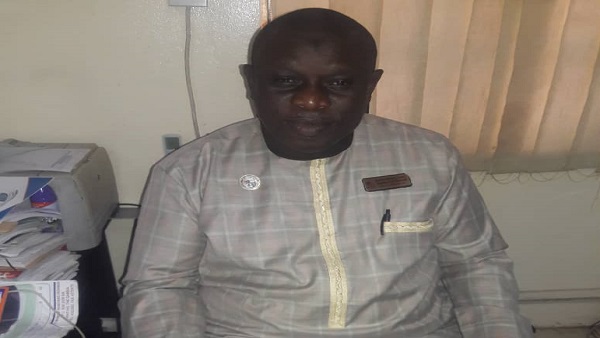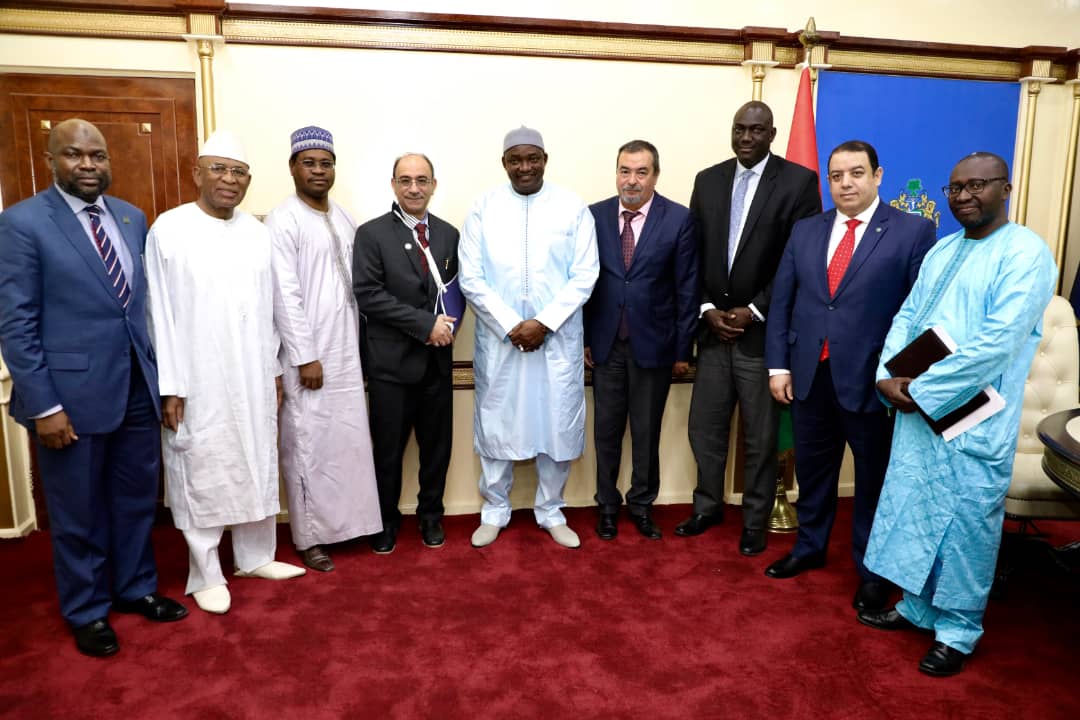President Adama Barrow has said that reflecting on the continent, Africa has been the object of infiltration and exploitation of various forms and it has been a battleground for contending world powers and the epicenter of ethnic rivalry and conflict, leading to the fluidity of cultures and values.
He made the remarks at the conference of African Ulama and religious affairs ministers held at the Sir Dawda Kairaba Jawara conference hall on Tuesday, where he said this event has brought together people from different regions and countries, as well as different social and professional backgrounds to network and deliberate around the theme “Promotion of Peace, Understanding, and Unity among Communities and Nations.”
As wars and conflicts of various types ruin lives and bring suffering to the global community, there could be no better theme for the occasion than this, he said.
“The complexities confronting us globally have a telling effect on religion, making the tasks of the Muslim Ulama profoundly complex and enormous.
Because life is wholesome, it is impractical to divorce religious beliefs from culture and social settings, or religious obligations from civic responsibilities. We must blend and balance the two sides of life harmoniously to succeed both ways,” he said
He added: “With the infiltration of various influences, Muslims continue to be divided into different sects and even fight each other like enemies.
Despite all fears and challenges, there are lots of opportunities to reverse these trends. Formal educational institutions, for instance, have the potential to strengthen Islamic knowledge and complement efforts to preserve the main teachings of Islam.”
The Gambian leader state that Muslims, especially the youth and elite, also have many options to build their capacity, balance their worldview and values, and resist adopting non-Islamic ways of life.
He also said through these openings, more African Muslims, including scholars, can serve as agents of peace and unity to further fortify Islam and the fabric of African communities and nations.
President Barrow pointed out that there is no doubt that Islamic thought and practice continue to influence the socio-economic, political, and legal systems, saying that “ This notwithstanding, the sharp divisions and divergent views and interpretations among the Umma undermine solidarity among Muslims on the continent and beyond.”
He noted that the dilemma, therefore, continues to centre on how to leverage the progressive aspects of science, technology, digitisation, modern thought, and best practices without compromising on the basic principles of Islam.
Without trying to pre-empt the deliberations that will follow the opening ceremony, he urged the African Ulama to collaborate more closely within and with their counterparts in other parts of the world to be truly part of the global community yet protect the basic principles of Islam.
“Let us harness the media to repel attacks waged against Islam while educating and creating better awareness of the beauty and good that this great religion brings to humankind.
It is our collective duty to run institutions that effectively educate the people to make them better world citizens, better Muslims, and better human beings who can live with their neighbours and compatriots peacefully and productively.
“Furthermore, we must leverage global Agreements and structures to promote, establish, and sustain peace, understanding, and unity on the continent and the world as a whole.
“These are among the many issues that the Ulama need to examine thoroughly to bring about deeper insights into the religion and generate knowledge application by Islamic principles and in compliance with global commitments,” said President Barrow.





